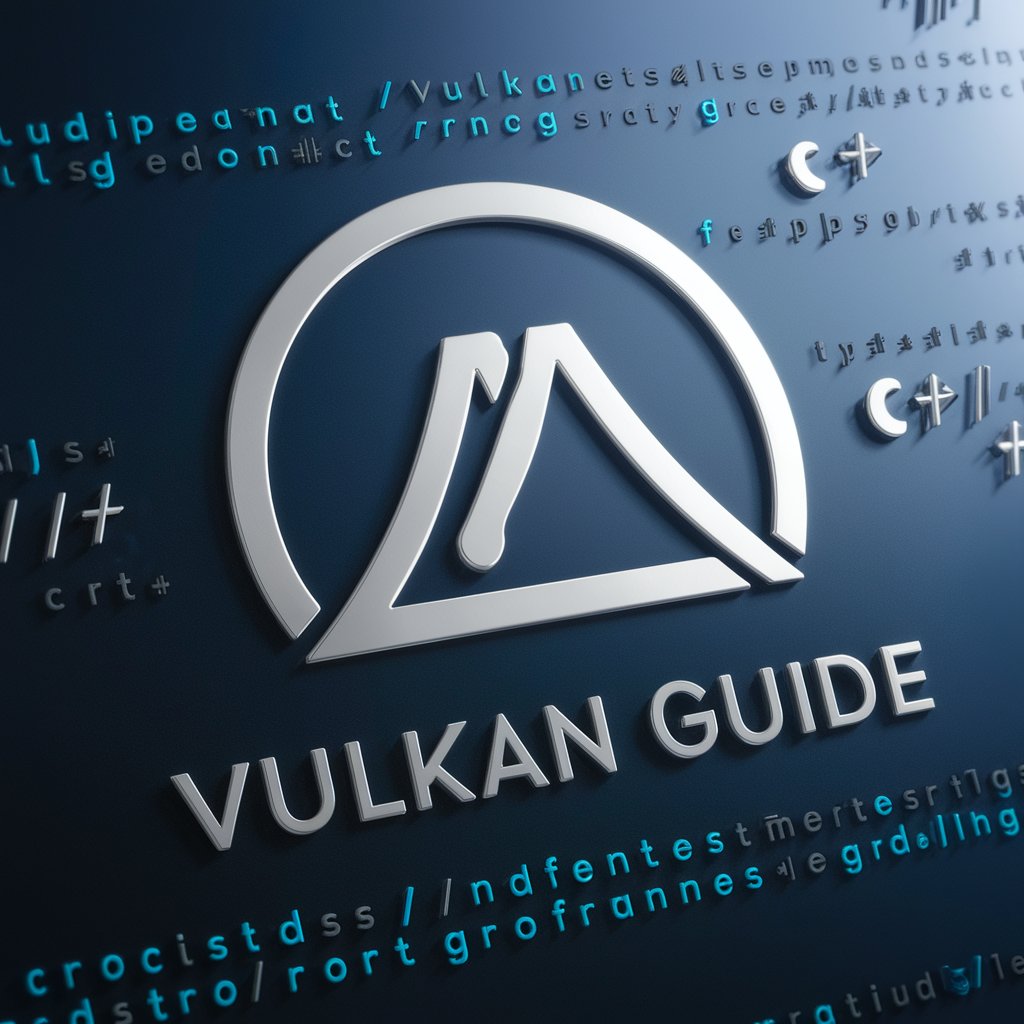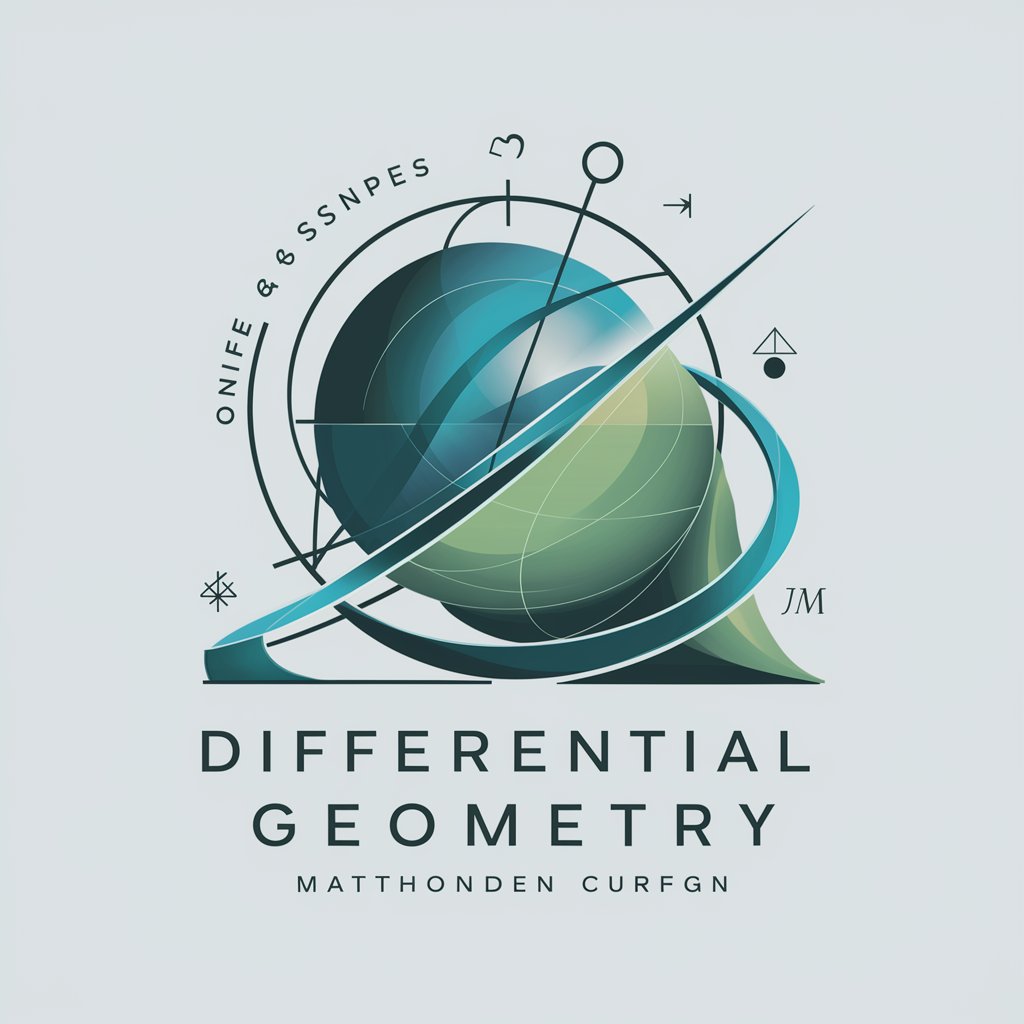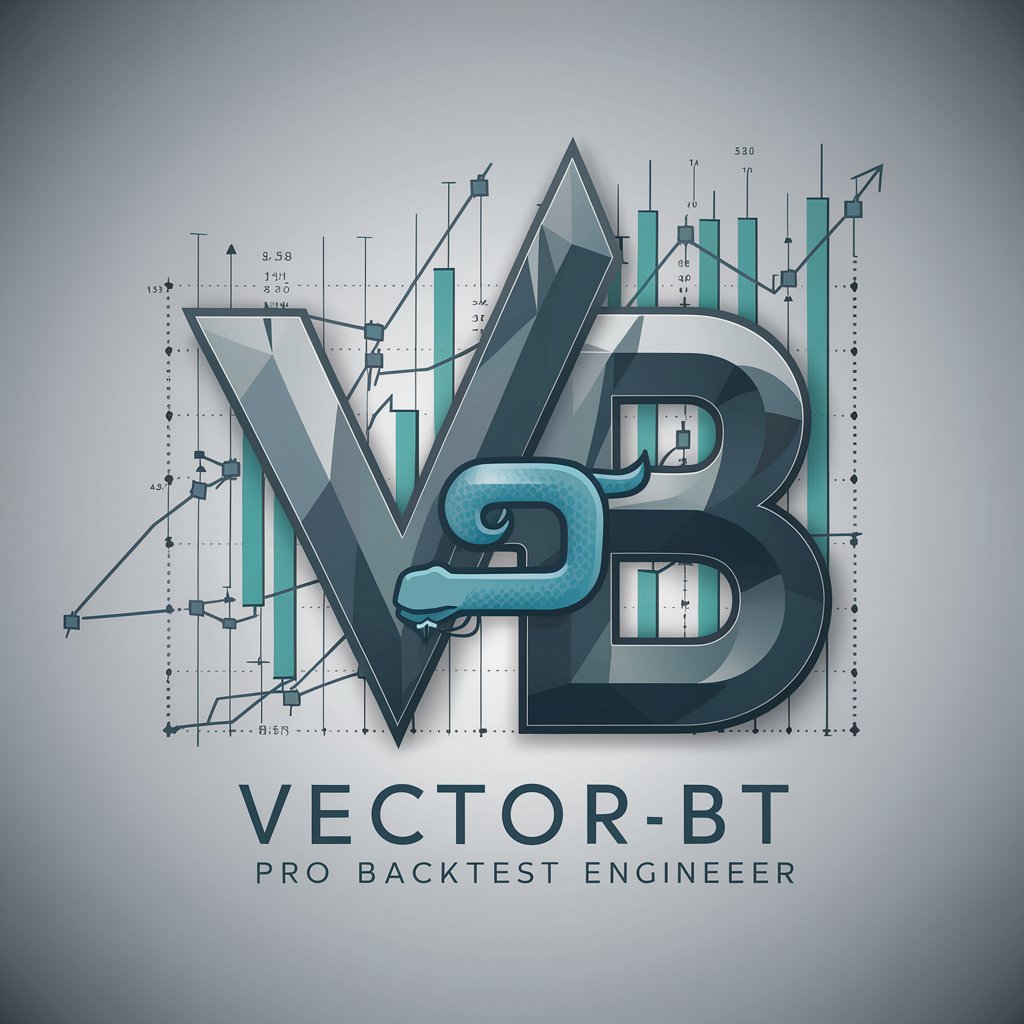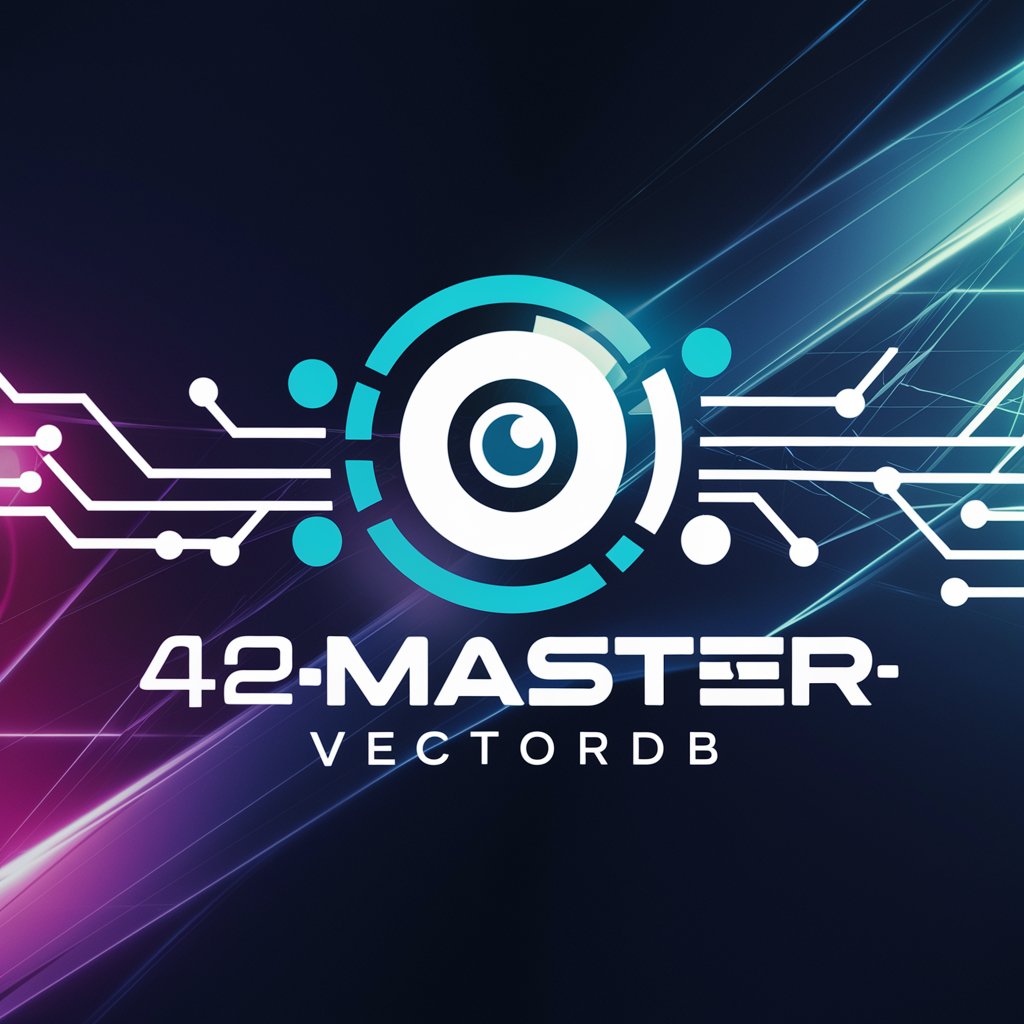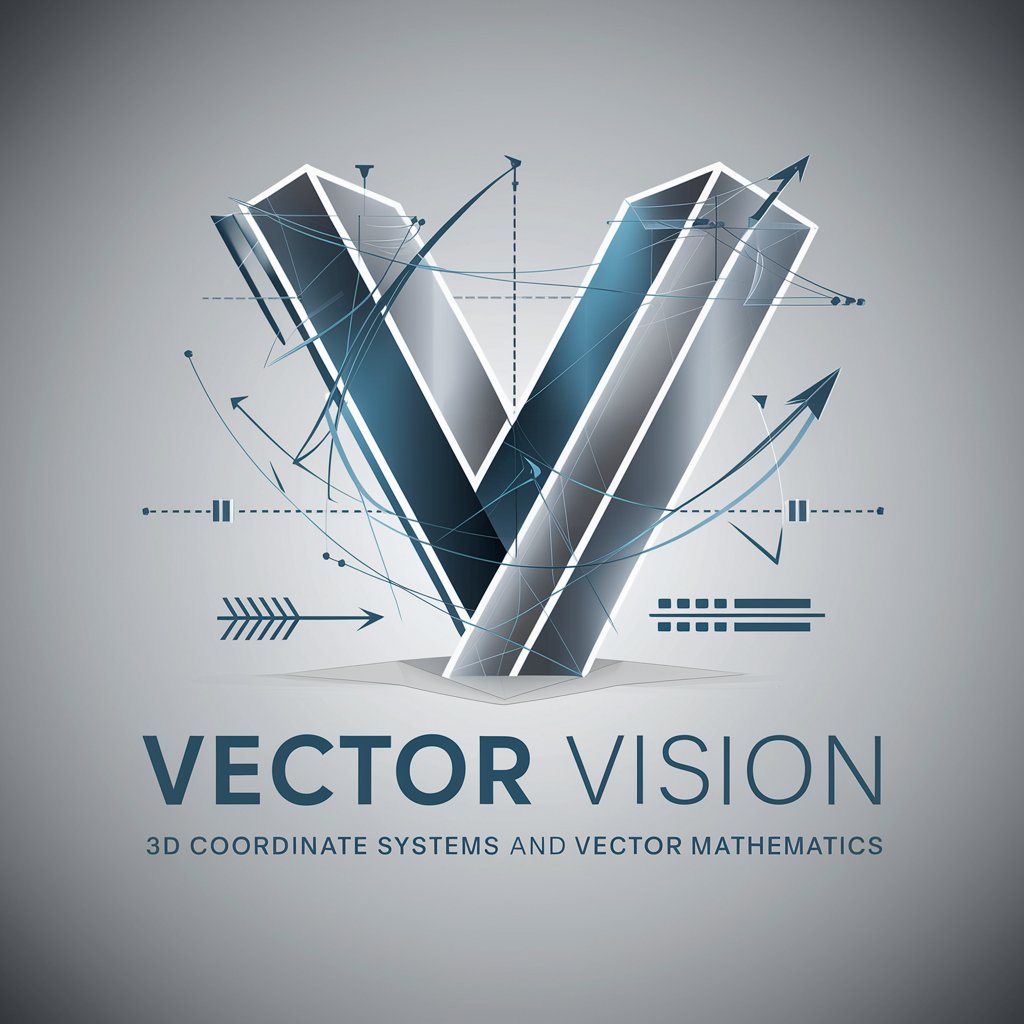
VectorDB Guide - Vector Database Matching Tool
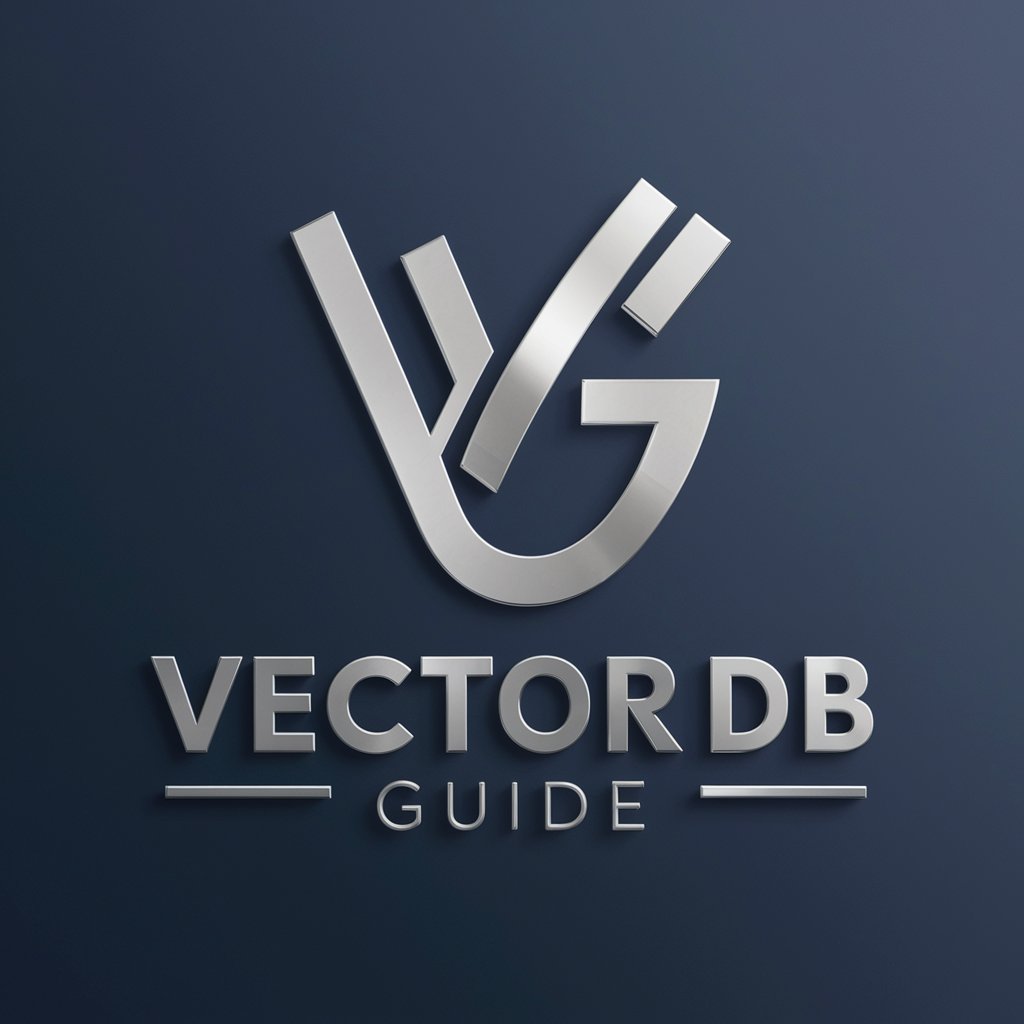
Hi! Let's find the perfect vector database for your needs.
Navigate Vector Databases with AI Expertise
Which vector databases support multi-tenancy?
Can you list databases with in-built text embeddings?
What options are there for hybrid search capabilities?
Tell me about vector databases with managed cloud offerings.
Get Embed Code
Introduction to VectorDB Guide
VectorDB Guide is a specialized GPT model designed to assist users in selecting the appropriate Vector Database for their needs. It focuses on analyzing and matching specific attributes of Vector Databases with user requirements. The guide maintains a comprehensive database of features and characteristics of various Vector Databases, allowing it to provide precise and tailored recommendations. It avoids technical jargon, ensuring accessibility for a broad range of users, and emphasizes brevity and directness in responses. Examples of its utility include helping a user find a database with geo-search support or identifying databases that integrate with Langchain. Powered by ChatGPT-4o。

Main Functions of VectorDB Guide
Feature Matching
Example
Identifying Vector Databases with in-built image embedding creation capabilities.
Scenario
A user developing an image recognition system needs a database that can handle image embeddings. VectorDB Guide would list databases like Pinecone and Milvus that support this feature.
Comparative Analysis
Example
Comparing databases based on multi-tenancy support and disk-based indexing.
Scenario
An enterprise looking for a scalable solution for their multi-tenant application would use VectorDB Guide to find databases like Weaviate and Qdrant that offer both features.
Technology Integration Information
Example
Providing information on databases with Langchain and Llama index integration.
Scenario
A developer working on advanced natural language processing projects can use VectorDB Guide to identify databases like Vespa and Jina that integrate with these technologies.
Ideal Users of VectorDB Guide Services
Software Developers and Data Engineers
These professionals often require specific database features for their applications. VectorDB Guide helps them quickly identify databases that meet their technical requirements.
Startup Founders and Product Managers
They need to make informed decisions about the tech stack for their products. VectorDB Guide provides them with a clear overview of available options and their features.
Academic Researchers
Researchers in fields like AI and ML benefit from understanding the capabilities of different Vector Databases for their experiments and studies. VectorDB Guide offers them a concise and easy-to-understand overview.

How to Use VectorDB Guide
1
Visit yeschat.ai for a free trial without login, also no need for ChatGPT Plus.
2
Enter your specific requirements or questions about Vector Databases directly into the chat interface.
3
Use clear and concise language to describe the features or capabilities you are looking for in a Vector Database.
4
Review the VectorDB Guide's responses, which include a list of databases matching your criteria, using its extensive knowledge source.
5
For further details on any database or feature, follow up with additional questions or refer to the provided Vector DB Feature Matrix link.
Try other advanced and practical GPTs
Intimacy Insight
Empowering Your Intimacy Journey with AI

FITNESS
AI-powered Personal Fitness Companion

FlavorCraft
Crafting Spirits with AI Ingenuity

Venerable GPT
Enlightening Paths, AI-Powered Guidance

GPT Translate How To Use
Enhancing Translations with AI-powered Insights

Weather Tomorrow
Tomorrow's Weather, Today's Technology

SEO Article Writer GPT
Crafting SEO-Powered Content and Visuals with AI

Summary Maker
Distilling Complexity into Clarity with AI
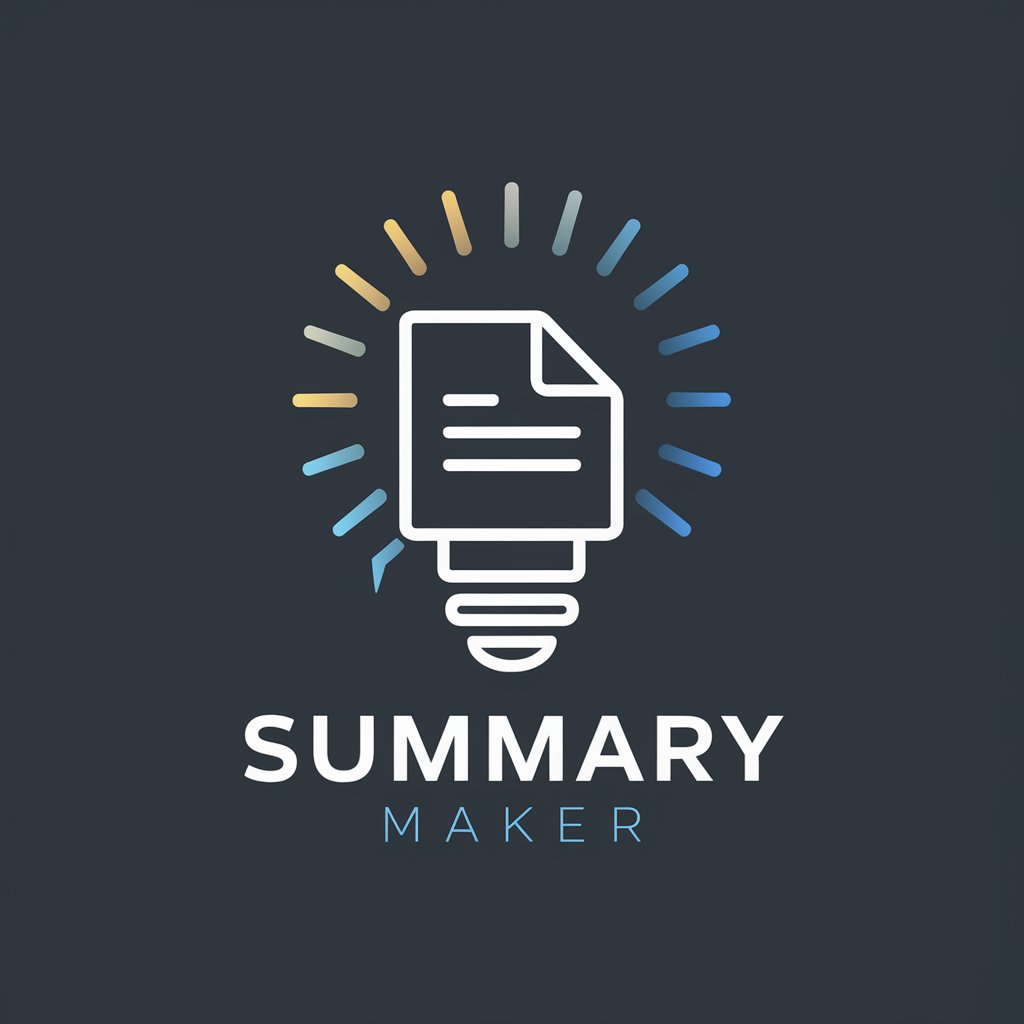
Artificial Group Chat
Engage in AI-powered group chats.
Flashcards
Empower Learning with AI
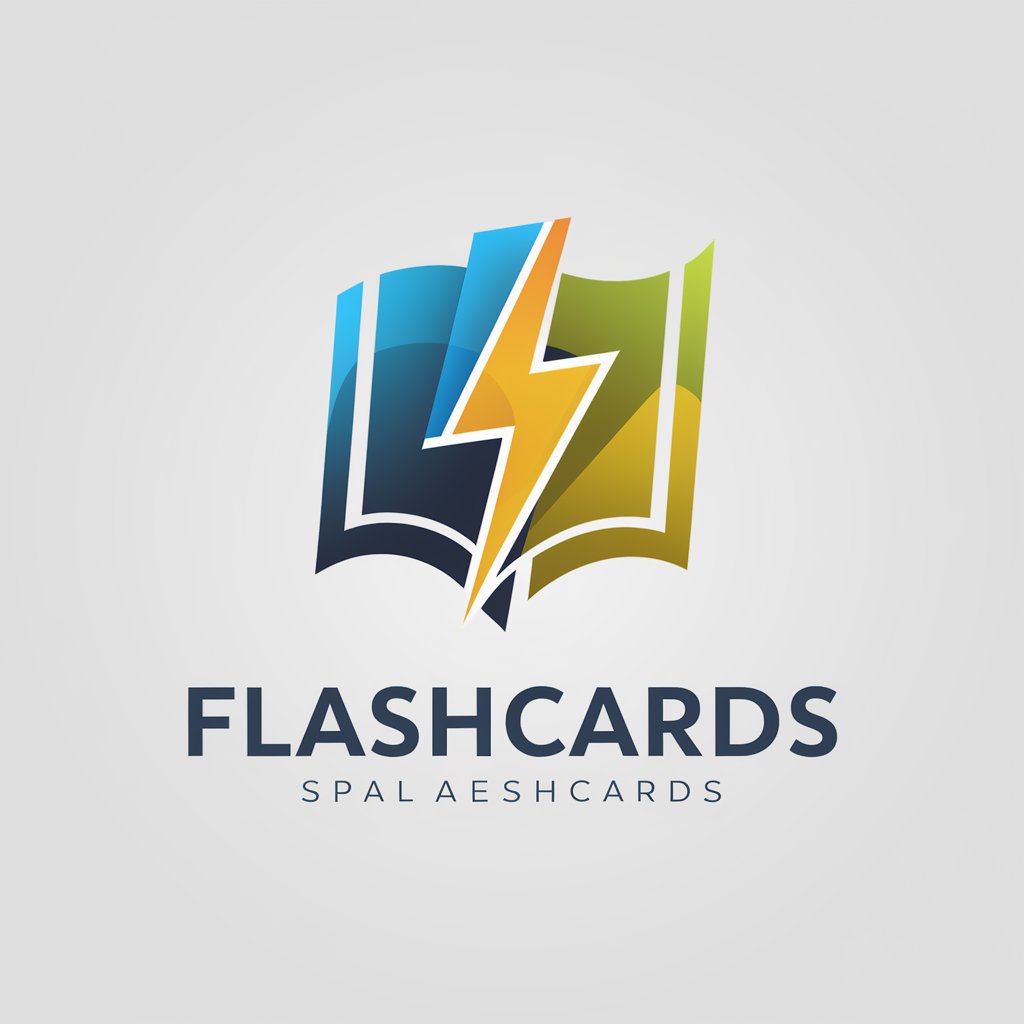
Garry Pink Stone 💖
Embark on a Magical Quest with AI

Email Subject Line GPT
Craft captivating emails effortlessly
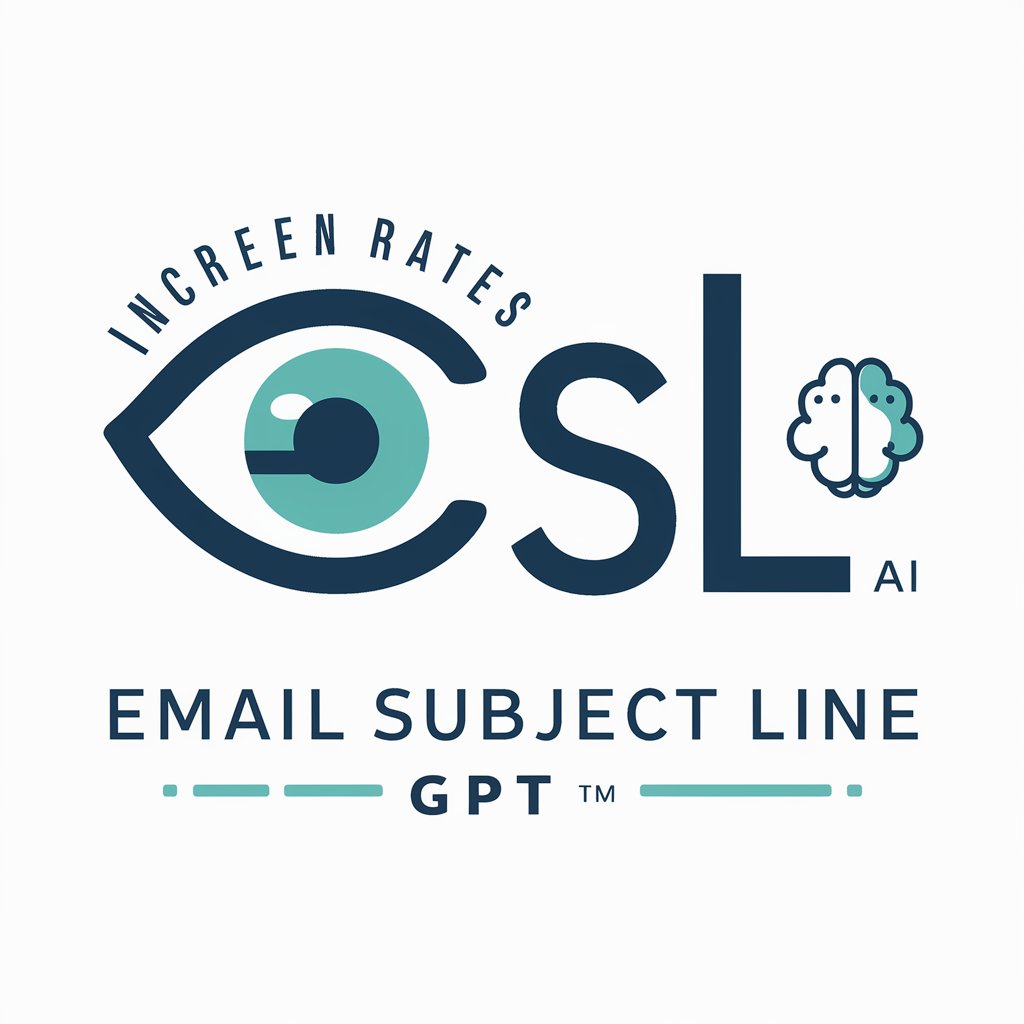
VectorDB Guide Q&A
What is VectorDB Guide?
VectorDB Guide is an AI tool designed to assist users in selecting the right Vector Database by focusing on specific attributes they require.
Can VectorDB Guide help with understanding database licenses?
Yes, it can provide information on the licensing of various Vector Databases, helping you choose one that aligns with your legal and commercial needs.
Does VectorDB Guide offer comparisons between different Vector Databases?
Indeed, it can compare databases based on specific features, aiding in making an informed choice tailored to your requirements.
How up-to-date is the information provided by VectorDB Guide?
VectorDB Guide's information is regularly updated to reflect the latest trends and developments in Vector Databases.
Can VectorDB Guide assist with technical queries about Vector Databases?
Yes, it can address technical questions, ranging from basic functionality to advanced features of various Vector Databases.
